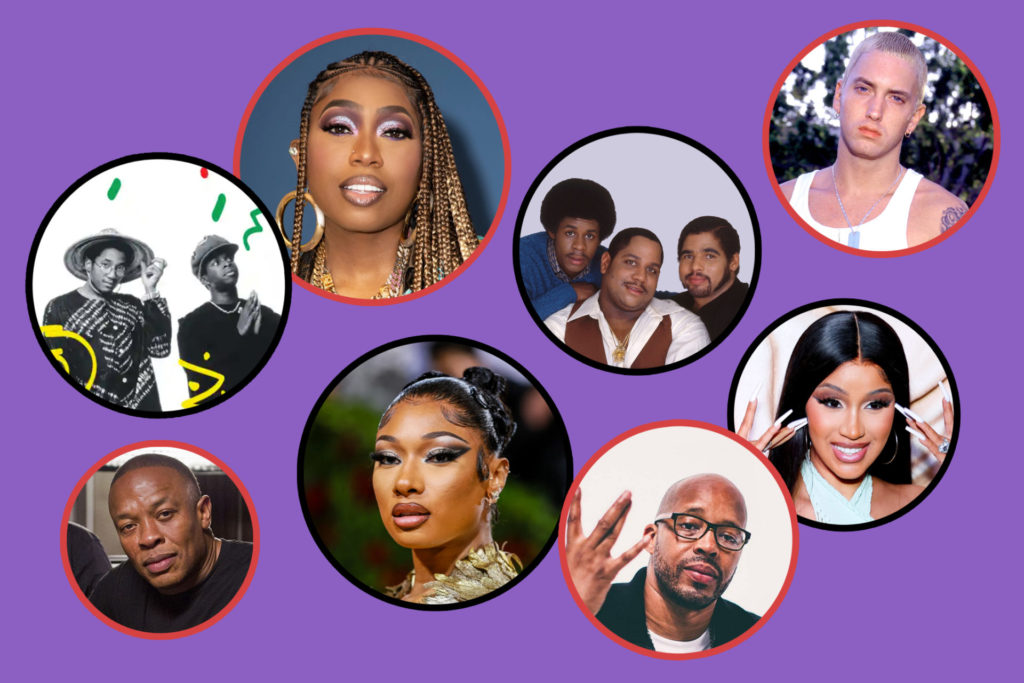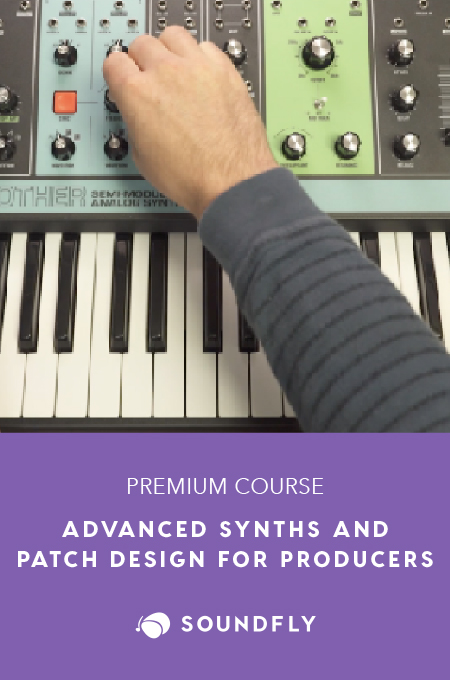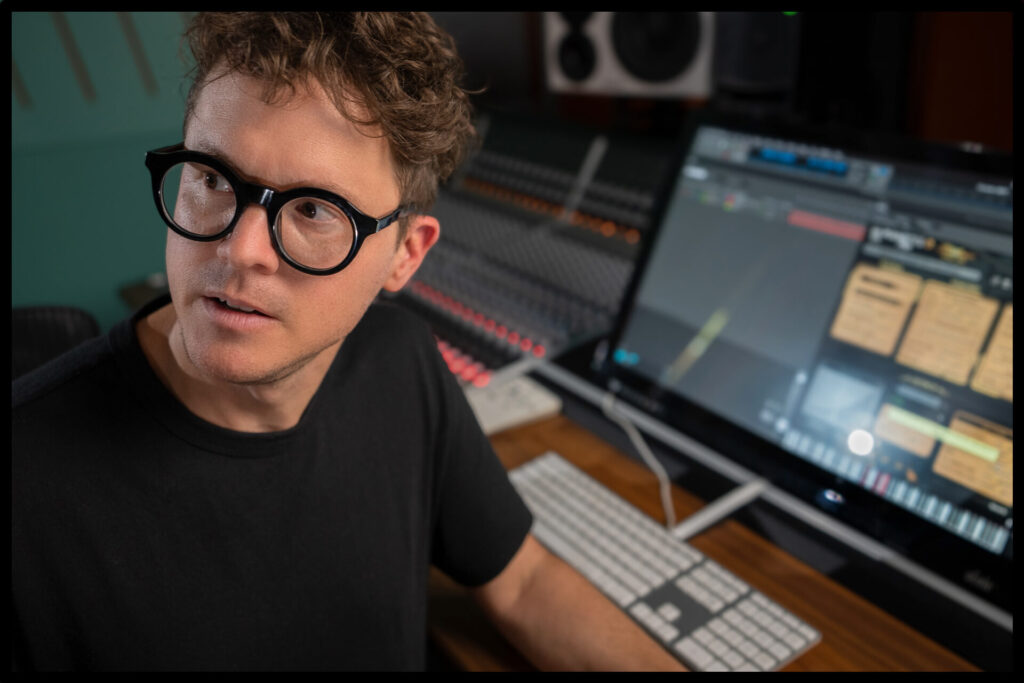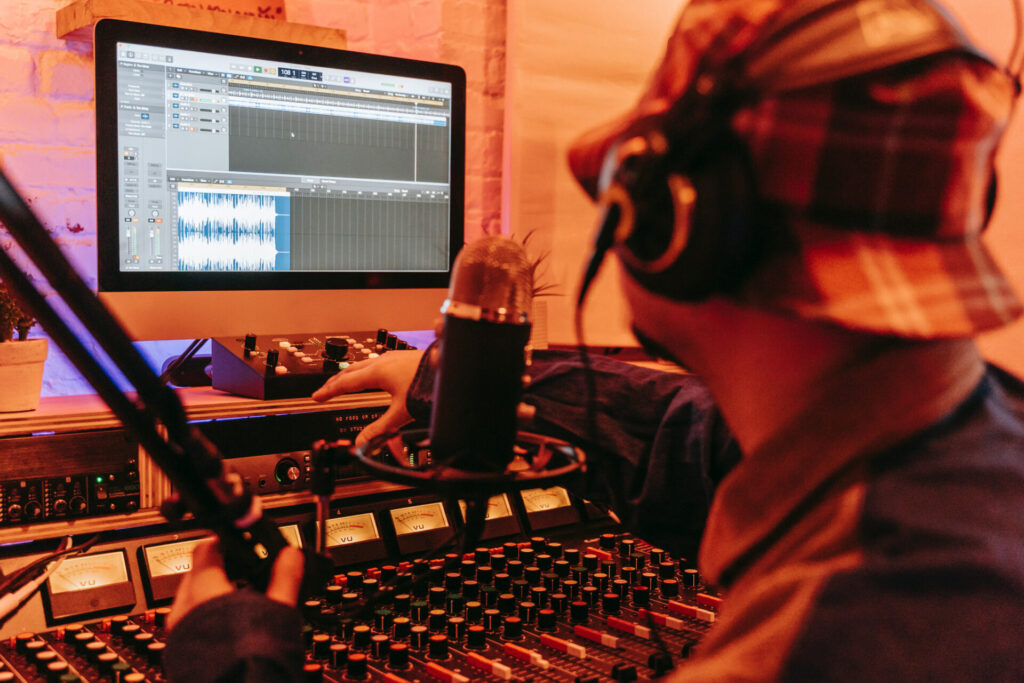+ Harness your inner groove and your outer authenticity with drummer, producer, and artist The Pocket Queen. Check out her course on Soundfly.
Sample-flipping is to music what Andy Warhol’s Campell’s Soup Can was to contemporary art. Long a misunderstood and underappreciated art form, the reputation and study of sampling has recently shifted toward more meaningful musical analysis, garnering deeper respect and wisdom.
Originating out of necessity during rap’s infantilism in New York City, sampling took pre-existing music, drum breaks, riffs and vocals, and repurposed them into new, groundbreaking music. Using tape recorders, beatmakers began “lifting” sections from vinyl LPs, manipulating them, and creating a new genre. Over time, sampling became part and parcel with hip hop’s evolution.
Using cutting edge hardware, producers began to transform these sounds, chopping them up, editing their pitch, tempo and rhythm. Manipulating samples was part creative, part pragmatic. To avoid issues surrounding copyright, producers would camouflage the initial source to create something original. This practice became known as “sample-flipping.”
Sometimes however, samples were left bare or naked in the track. A naked sample is one that isn’t “buried” or changed to hide its origin, or to re-musicalize it in a totally different context. The sample’s familiarity is what brings a contemporary song a sense of nostalgia and tradition. In other words, while it may seem less creative to leave a sample naked in a track, it’s a powerful tool available at the producer’s disposal.
So, here are some of our favorite samples left on their own in hip-hop.
Sugarhill Gang – “Rapper’s Delight“
Sugarhill Gang’s “Rapper’s Delight” is often credited as rap’s true beginning. The group was the first to appear on network television, discussing the art form and bringing awareness to its existence, which was largely sequestered to New York City. The song sampled “Good Times” by funk superstars Chic.
Chic guitarist and mega-producer Nile Rogers heard the track and noticed the use of his song, which also led to one of hip-hop’s first legal battles over what was to become known as sample clearance, or formally determining the right to use a sample.
Although he moved for proper credit, Rogers has appeared alongside Sugarhill Gang to perform a mash-up and is quoted as celebrating the re-imagining of his original song.
Dr. Dre – “Nuthin’ But A “G” Thang“
“Nuthin’ But A “G” Thang” from Dr. Dre’s solo debut and all-time great record, The Chronic, features a beautiful naked sample from Leon Haywood’s “I Wanna Do Something Freaky To You.” The elements of Haywood’s song are used almost in full, at the original tempo, and in the original key. The sample even uses the vocal tag from Haywood’s intro.
In the classic West Coast tradition, Dre overlays a “whistle sound,” Moog synthesizer melody on top of the naked groove, which gives Dre’s version a flair all its own. The melody for the whistle synth is actually taken from the track as well (listen at 0:31). When the tags and intro begin, the original bass line can be heard, unflipped, fully intact.
This may be the greatest naked sample flip of all time.
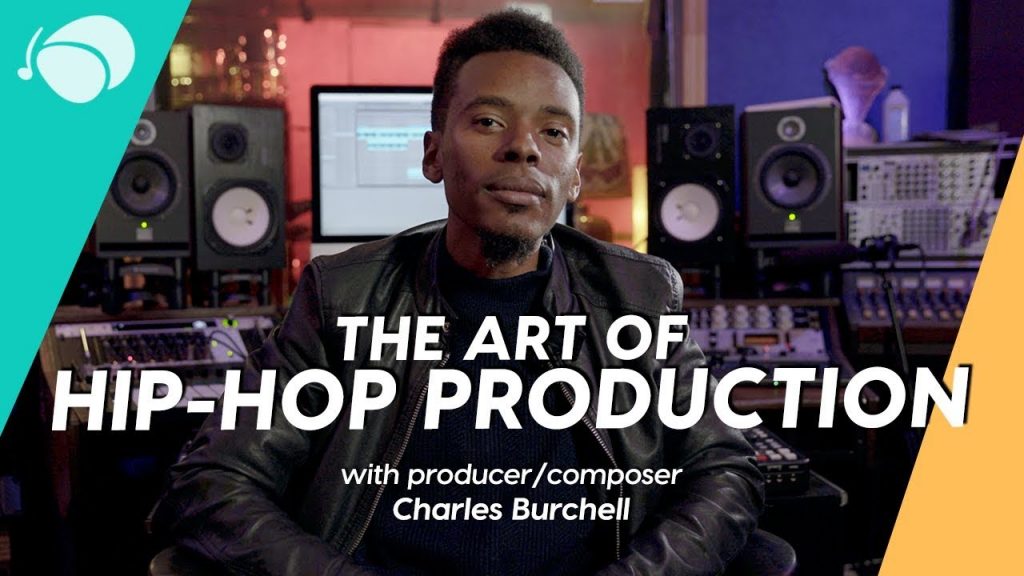
A Tribe Called Quest – “Can I Kick It”
For the intro of A Tribe Called Quest’s smash “Can I Kick It?” producer, Q-Tip sampled another New York stalwart, pioneer and legend, Lou Reed. The bass line from what is arguably Reed’s signature song, “Walk on the Wild Side,” is laid over a programmed drum beat in the original key, without any processing. The sample is woven into the fabric of the song, and it’s instantly recognizable; a great example of a naked quote in hip-hop.
As pioneers of alternative hip-hop and one of the greatest groups to ever do it, Tribe’s using work outside of the ’70s funk and R&B that was popular sample pulp at the time isn’t a surprise, but it is an iconic moment in hip-hop and sampling nonetheless.
Missy Elliott – “Work It”
For Missy Elliott’s 2002 hit “Work It,” producer Timbaland lifts the intro of “Request Line” by Rock Master Scott & The Dynamic Three. After a bit of scratch-play, the intros are exchanged verbatim, with a slight shift in pitch. The original snare sample that bleeds over into the track can also be heard before the beat drops.
To really sell the sample, Timbaland appears in the video, answering a payphone and miming along to the words. This would have been a great TikTok trend… Too bad.
Eminem – “My Name Is”
The iconic bass, guitar, and keys riff in Eminem’s “My Name Is” is actually clean lifted from British singer-songwriter Labi Siffre.
This track has been sampled by other MCs like Jay-Z, but Dr. Dre’s interpolation on Em’s first EP cemented this 1975 groove’s place in the sample hall of fame.
Warren G – “Regulate” (feat. Nate Dogg)
One of hip-hop’s biggest all-time tracks, “Regulate” by Warren G feat. Nate Dogg not only uses a naked sample from Michael McDonald’s “I Keep Forgettin’,” it’s almost entirely constructed from the latter.
This ’90s rap staple lifts the intro/verse section of McDonald’s track in its entirety, in the original key, without much fluff. It’s a masterful use of an incredible groove from a golden age of incredible grooves, and a perfect backdrop for the cool stylings of classic West Coast style hip-hop.
Cardi B – “I Like It” (feat. Bad Bunny & J Balvin)
This naked sample not only provides the foundation for Cardi B’s 2018 smash “I Like It,” the latter even borrows its title. For this Invasion of Privacy single, Producer J. White unapologetically recycles Pete Rodriguez’ 1967 hit “I Like It Like That (A Mi Me Gusta Asi).”
This is a fantastic example of a naked hip-hop sample because it is so grotesque. Given that sampling evolved over time to distort source, blatantly using the chorus of a massive hit song to bolster another hit is just brilliant.
Cardi can also be heard interpolating the hook over the original sample. This one goes so far it’s almost like a mashup, and a killer remix at that. Using a sample this openly makes the song urgently familiar to new listeners. Like Picasso said, “good artists borrow, great artists steal.”
Megan Thee Stallion – “Simon Says” (feat. Juicy J)
For Megan Thee Stallion’s 2019 bounce track “Simon Says”, producers Juicy J and Suede lift a bare chunk of of Billy Paul’s “Me and Mrs. Jones,” from 1972. Used almost as a “skit” style intro, this sample is left bare saving a speed up/slow down fade.
“Me and Mrs. Jones” was also sampled by Mary J. Blige & Drake (as an interpolation), and Coolio.
Ready for even more?
Check out Soundfly’s variety of courses on songwriting, mixing, beat making, recording, composing, and more, led by artists like Kimbra, Com Truise, Jlin, Kiefer, The Pocket Queen, and RJD2: From Samples to Songs.
